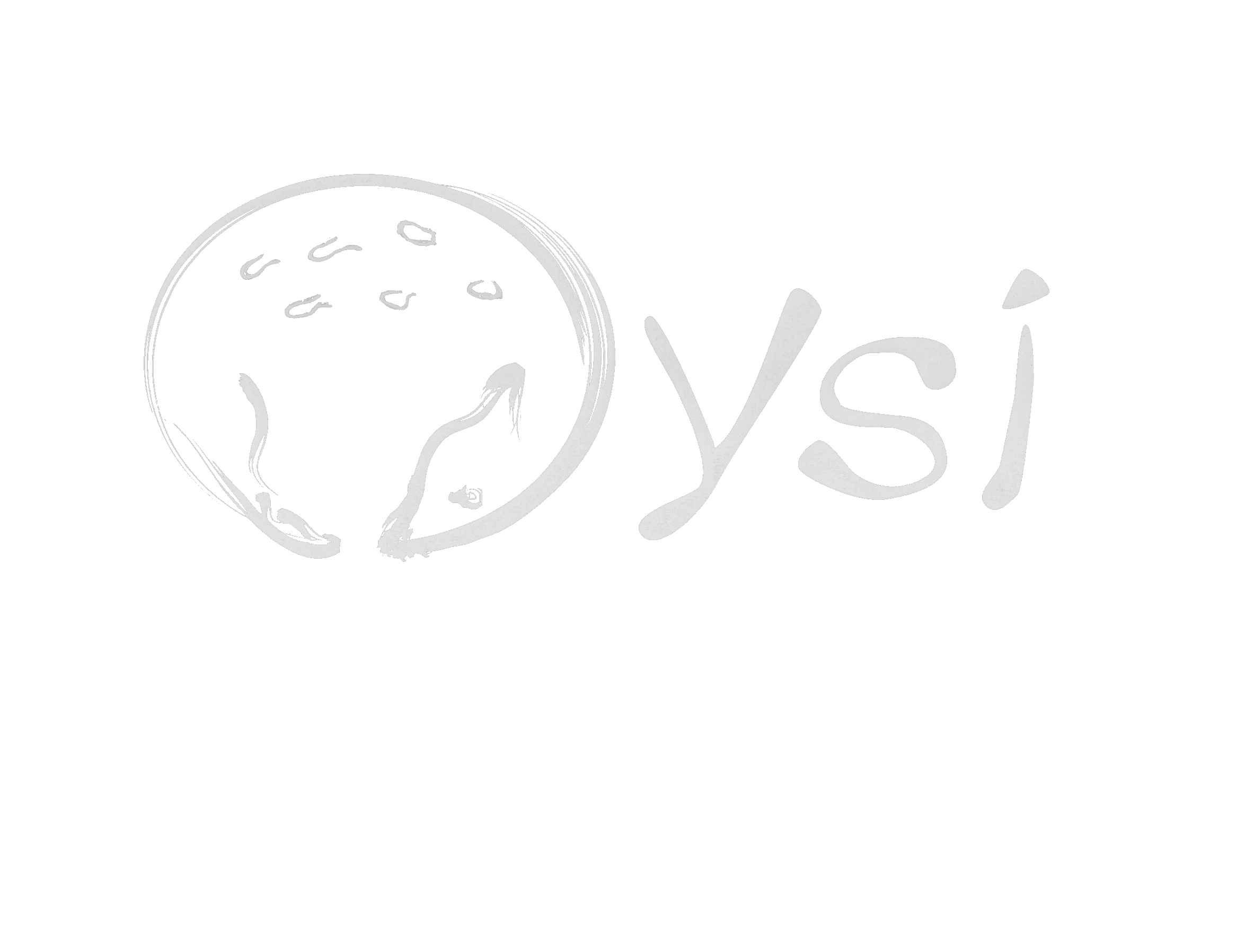Hilaria Supa Huamán (born in the community of Wayllaqocha, Anta, Cusco region, in 1957), is a human rights activist, an active member of several indigenous women organizations and a Peruvian politician. She is currently a Congresswoman representing Cusco for the period 2006-2011, and belongs to the Union for Peru party. Hilaria Supa was raised by the parents of her mother, Helena Huamán, who were peasants in a hacienda.
In her childhood she saw the hacendado mistreat her grandfather and violate women, which had a crucial impact on her life. Her grandfather, who fought for peasants’ rights, was murdered in 1965. She had to go to Arequipa, and when she returned she found that her grandmother had also died. Her partner, the father of her children, died in an accident when she was 22. Afterwards she worked as a house maid in Cusco, Arequipa, and Lima.
In the 1960s she became involved in organizing regular meals for children, together with other women. She became leader of the Micaela Bastidas Committee in Anta, Cusco and took part in the fights for land rights, which finally resulted in the agricultural reform under Juan Velasco Alvarado.
In 1991 she became organization secretary of the new founded Women’s Federation of Anta (Federación de Mujeres de Anta FEMCA), where she was responsible for alphabetization, traditional medicine and pesticide issues.
Hilaria Supa has taken part in numerous international women’s meetings, where she has actively used and promoted her native Quechua language. She has been resolutely lobbying against sterilization of women, accusing the former health minister under Alberto Fujimori, Alejandro Aguinaga, of carrying out a population policy resulting in enforced sterilization of 363.000 Peruvian women.
She was elected to the Peruvian Congress in 2006, where she was the first parliamentarian in Peruvian history to take the oath in an indigenous language, Quechua, followed by her fellow congresswoman María Sumire, for which both were sharply criticized by Martha Hildebrandt and some other members of congress.

